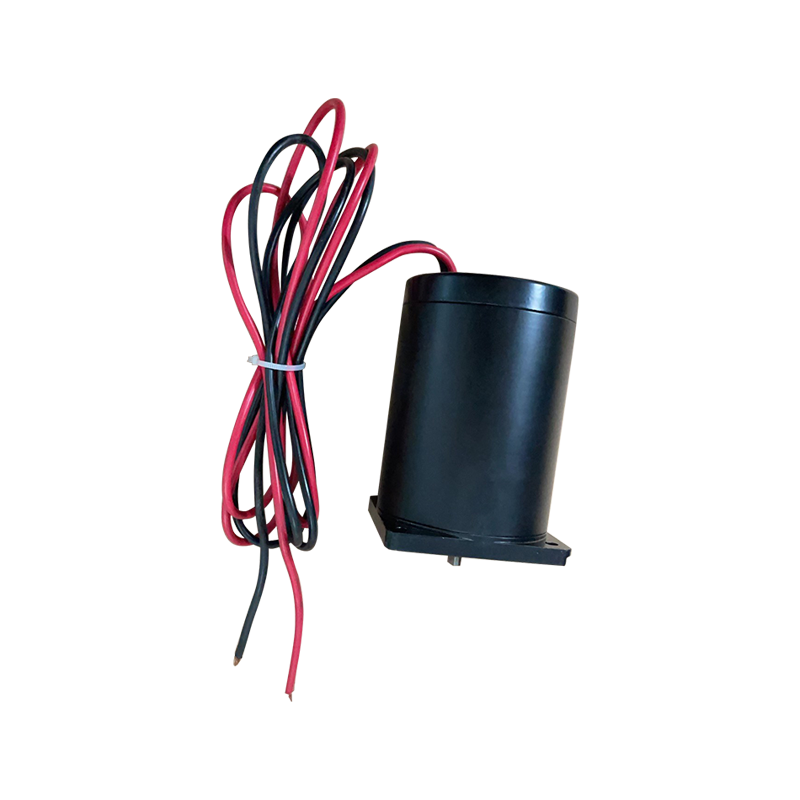BT001 Honda Accord Windshield Wiper Motor
Power Voltage 12V DC, 35W No-load Current Low speed ≦1.5A, high speed ≦2.0A No-loa...
View MoreWhen evaluating fluid transfer systems across industries such as manufacturing, energy, transportation, and agriculture, both electric oil pump motors and fuel-driven pumps are widely used. However, the oil pump motor has emerged as a preferred solution in many modern applications due to a combination of performance, environmental, and maintenance benefits. While fuel-driven pumps have their place in remote or off-grid scenarios, electric models are increasingly seen as the smarter and more sustainable choice in fixed or semi-fixed installations.

Energy Efficiency and Operational Cost Savings
One of the significant advantages of using an electrically powered pump is its good energy efficiency. Electric systems are designed to convert more input power directly into mechanical energy with fewer losses. In contrast, internal combustion engines powering fuel-driven pumps tend to have lower efficiency due to heat loss, friction, and fuel evaporation. Over time, this difference translates into lower operating costs for electric systems, especially in applications requiring continuous or long-term operation. The ability to control motor speed precisely also allows for energy optimization depending on demand, something difficult to achieve with fuel-powered alternatives.
Maintenance Requirements and Reliability
Fuel-driven pumps often demand more rigorous maintenance due to their complex internal combustion systems. Components like spark plugs, fuel filters, carburetors, and exhaust systems require regular inspection and replacement. Moreover, fuel residue can clog the system or deteriorate over time if the unit remains idle. On the other hand, electric pumps operate with fewer moving parts and no combustion, resulting in longer service intervals, less downtime, and lower maintenance costs. This simplicity enhances reliability, making electric pumps ideal for automated or unattended systems where consistent performance is critical.
Environmental Benefits and Emissions Control
With increasing emphasis on environmental protection and regulatory compliance, electric pump systems offer a clear advantage by producing no direct emissions. Fuel-driven pumps, especially older models, emit pollutants including carbon monoxide, nitrogen oxides, and unburned hydrocarbons, contributing to air quality degradation and potential health hazards in enclosed spaces. Additionally, electric pumps generate less noise and vibration, making them suitable for indoor or noise-sensitive environments. These environmental benefits not only improve workplace safety and comfort but also align with sustainability goals and environmental regulations.
Operational Flexibility and Integration
Electric pump systems provide greater control and integration capabilities, especially in industrial or automated settings. They can be easily connected to programmable logic controllers (PLCs), remote monitoring systems, and sensors to enable real-time control and diagnostics. This facilitates intelligent operation based on flow demand, temperature, pressure, or time schedules. Fuel-driven pumps lack this level of responsiveness and require manual operation or more complex mechanical control systems. For companies embracing Industry 4.0 or smart factory initiatives, electric pumps are a more compatible and scalable solution.
While fuel-driven pumps offer mobility and independence from electrical grids, the advantages of electric oil pump motors are increasingly clear in today’s industrial and environmental landscape. With better energy efficiency, lower maintenance needs, cleaner operation, and greater system compatibility, electric models are often the suitable choice for reliable and cost-effective fluid handling. As industries continue to prioritize sustainability, automation, and operational resilience, electric pump systems are set to play an even greater role in the future of oil transfer technology.